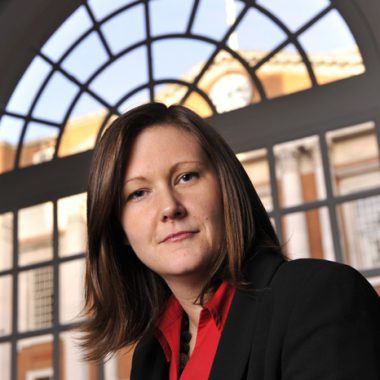Eight out of ten GP partners take pay cut as 2013/14 contract bites

Exclusive Some 83% of GP partners were forced to reduce their drawings in the first six months of working to the 2013/14 GP contract, with average take-home pay dropping by 7.9%, a Pulse survey has found.
The poll of 657 GPs, conducted in October last year, reveals that overall three in four GPs (75%) saw their pay fall after the new contract came into effect in April, with partners particularly badly affected.
Of the 502 partners surveyed, 414 (83%) said their earnings had fallen, while 12% said their pay had remained static and just 5% saw an increase. Some 8% of those polled said they had seen a pay cut of more than 20%, while the average net effect on partner pay was a 7.9% drop.
Sessional GPs fared somewhat better, with only 50% of salaried GPs and 57% of locums seeing a fall in pay. Although survey respondents were not asked to explain why their pay had fallen, these falls may reflect changes to tax and pension contributions as well as overall practice spending on sessional GP cover.
In England, the 2013/14 GP contract changes were imposed by the Department of Health after the GPC refused to accept demands which included an increase in QOF workload. The GPC also criticised the DH’s decision to disregard the DDRB’s call for a 2.29% funding uplift, with GPs having to settle instead for 1.32%.
GPC negotiator Dr Beth McCarron-Nash said she was ‘not surprised’ by the figures, which follow successive falls in GP earnings over several years.
‘We have seen general practice funding decreasing year on year,’ she said. ‘Set against what we are expected to achieve, this is deeply worrying.’
‘The [2013/14 GP contract] imposition has been an absolute disaster for general practice. We have had to jump through loads of hoops that we don’t feel are clinically approporiate and some of the imposed changes including the hike in QOF thresholds have been really damaging and are really difficult to achieve.’
Read more on this story: ‘While expenses have gone up dramatically, our income has dropped’
Some changes brought in as part of the 2013/14 contract were reversed in the 2014/15 deal, but Dr McCarron-Nash said GPs would need to be ‘realistic’ about what negotiators could achieve for 2015/16.
‘The health secretary appears to acknowledge that more funding is needed in general practice but I don’t know how he intends to address that,’ she said. ‘I don’t think he will want to give us a whopping pay rise. We will, as ever, do our best to negotiate the best deal for GPs.’
Dr Kalal Sidhu, a GP in County Durham, said that some of the fall in GPs’ take-home pay could also be attributed to the widespread payments chaos after the handover from PCTs to NHS England.
Dr Sidhu said: ‘No one really knows who is meant to pay for the services that were historically paid through PCTs. This has resulted in cash flow problems which are extremely hard for small businesses to cope with. I do not see how practices can maintain their current incomes on their own. It is absolutely shameful that general practice remains grossly underfunded.
About the survey
Pulse launched this survey of readers on 15 October 2013, collating responses using the SurveyMonkey tool. The 26 questions asked covered a wide range of GP topics, to avoid selection bias on any one issue. The survey was advertised to readers via our website and email newsletters, with a prize draw for a Samsung Tab 2 tablet as an incentive to complete the survey.
As part of the survey, respondents were asked to specify their job title. A small number of non-GPs were screened out to analyse the results for this question. This question was answered by 657 GPs, of whom 502 were partners, 97 salaried GPs and 58 locums.









